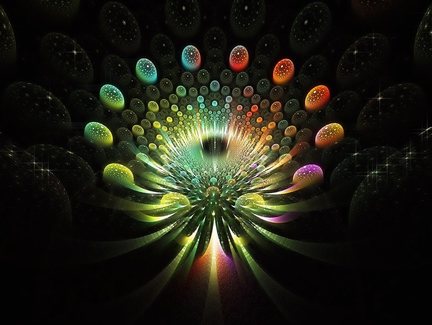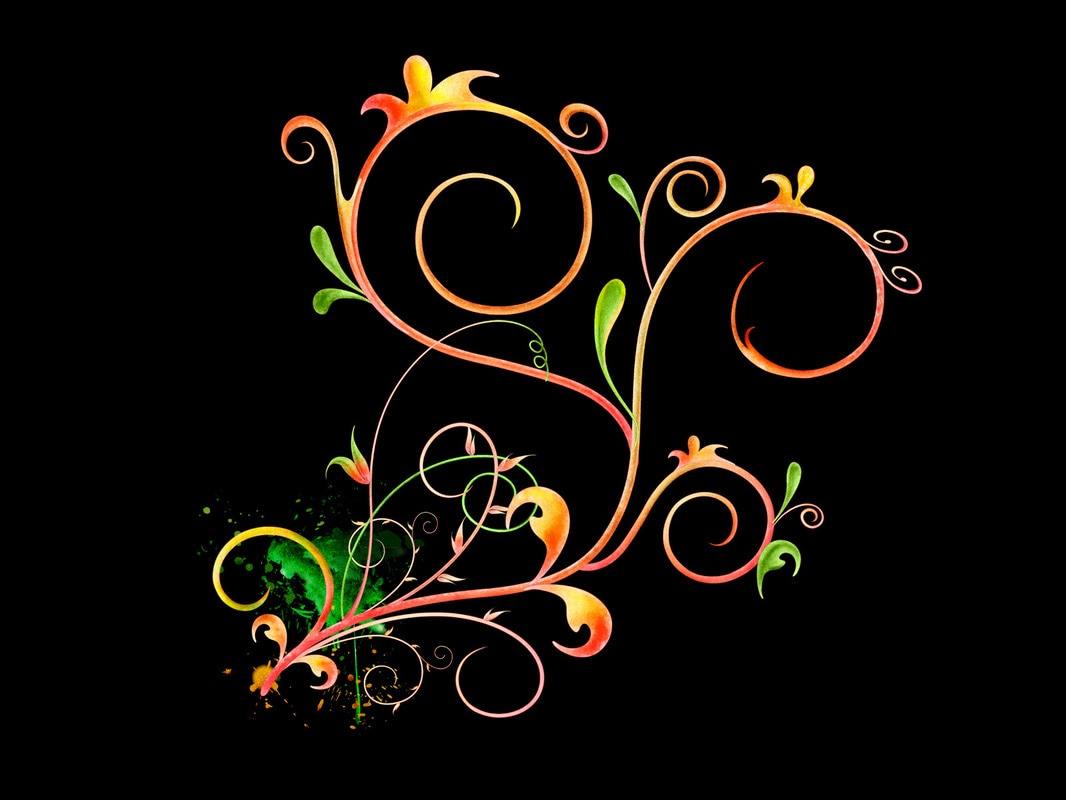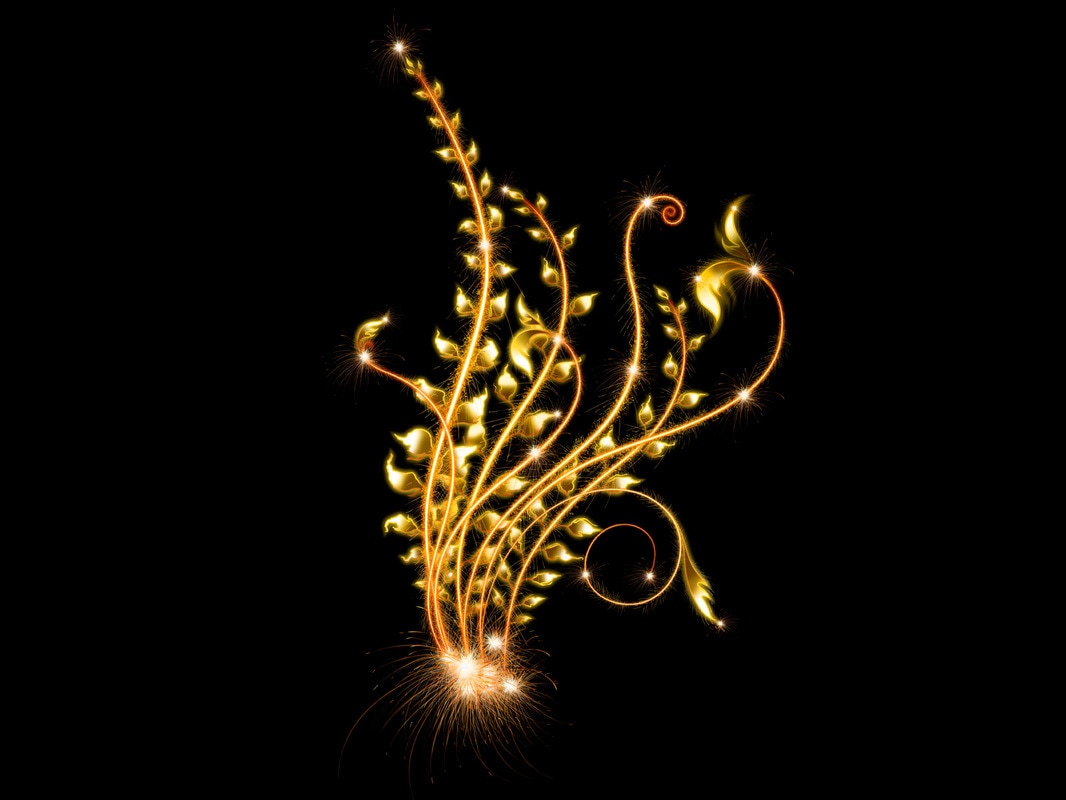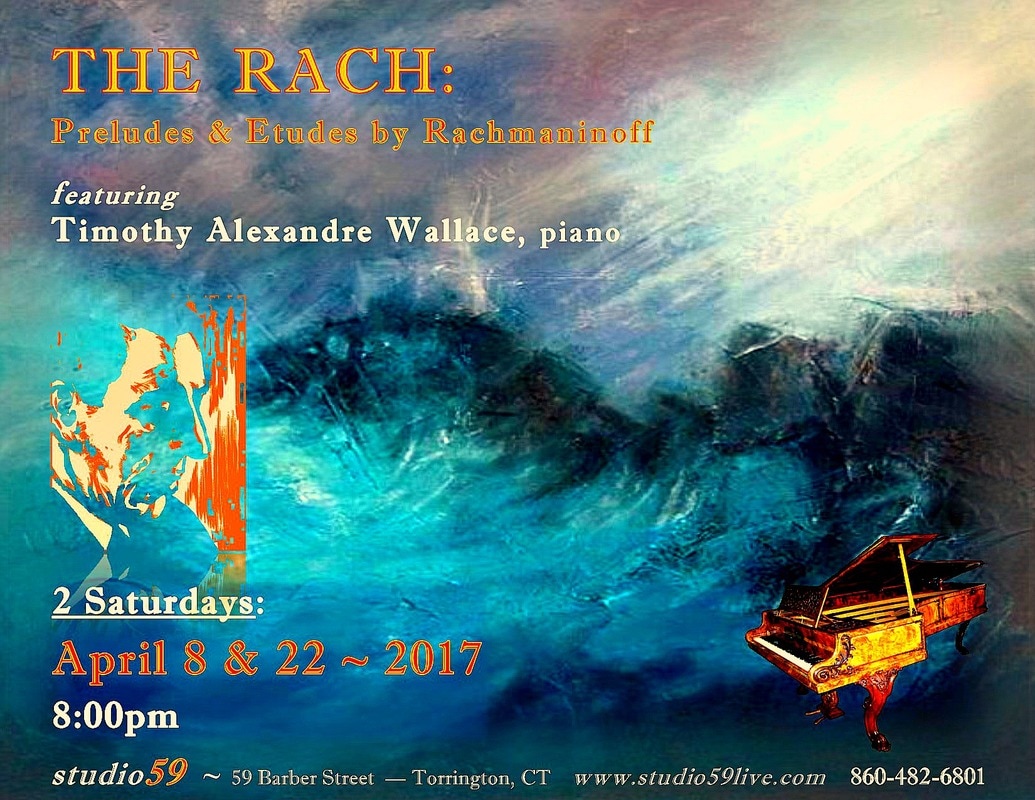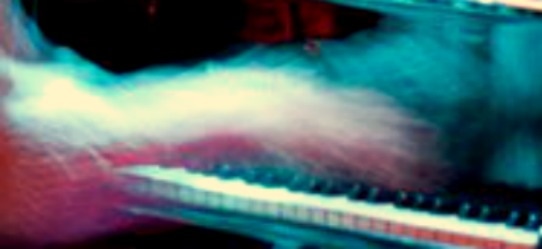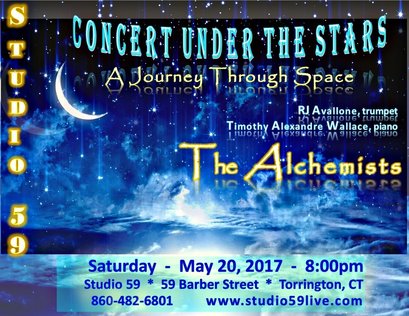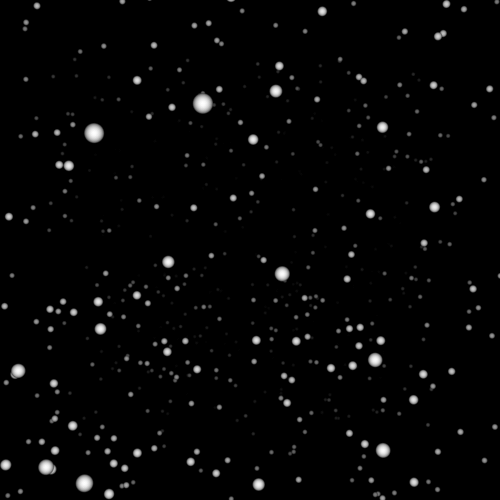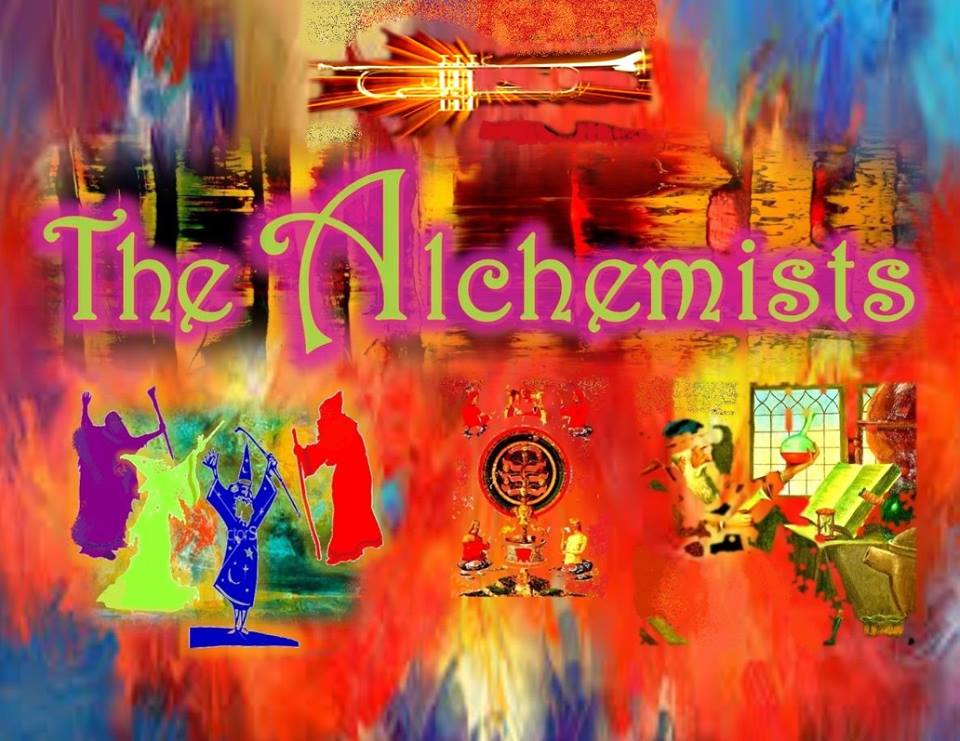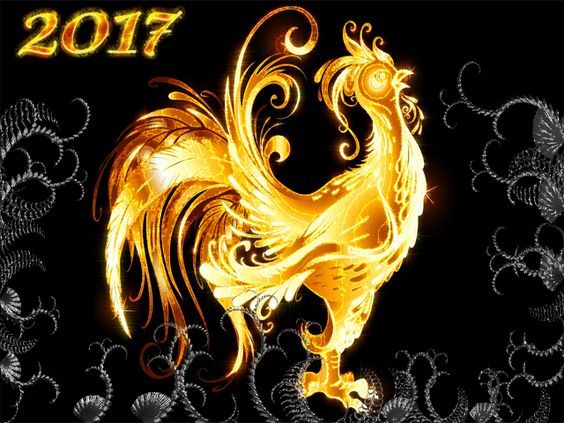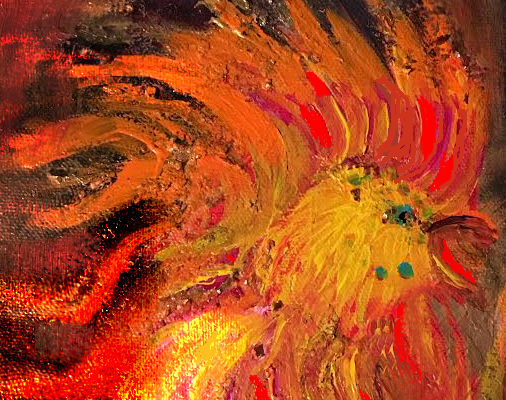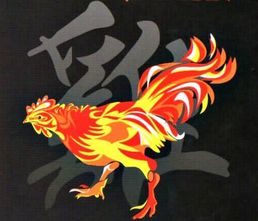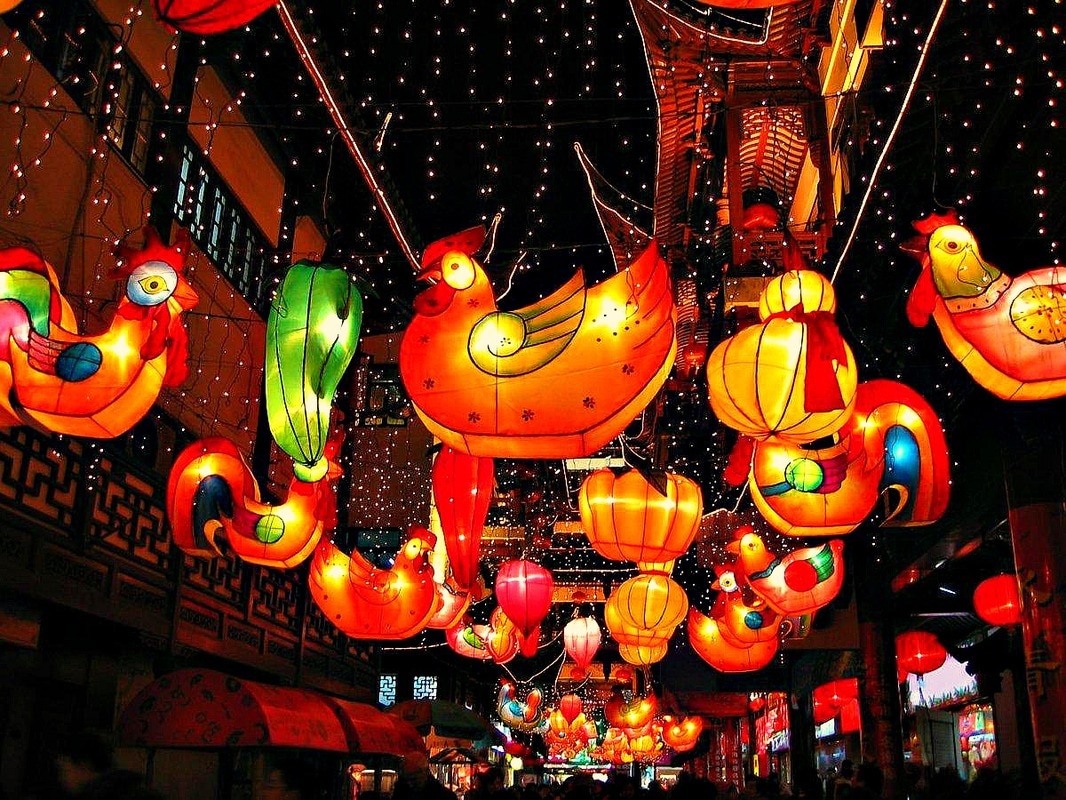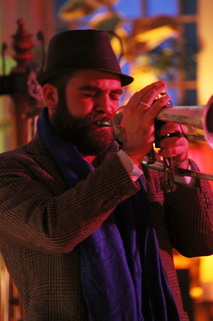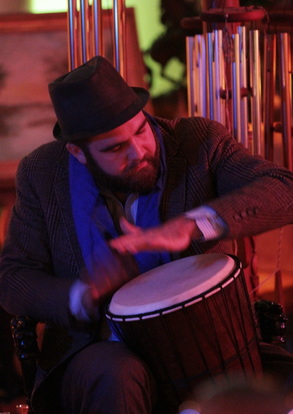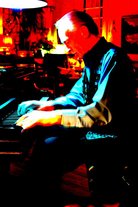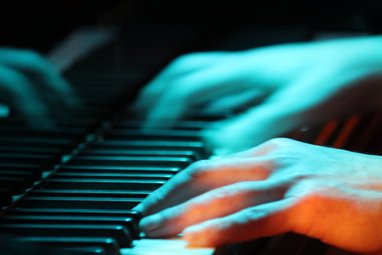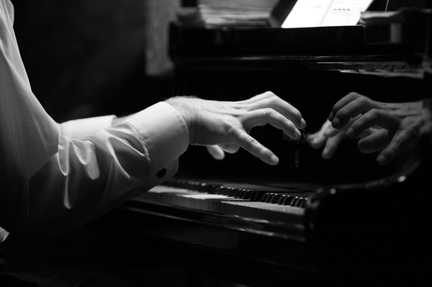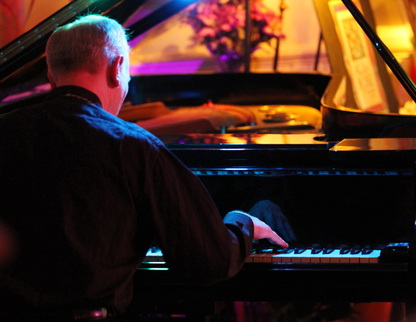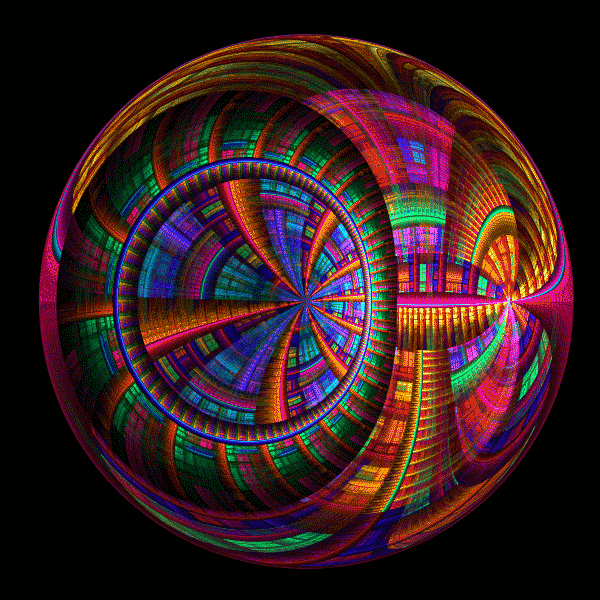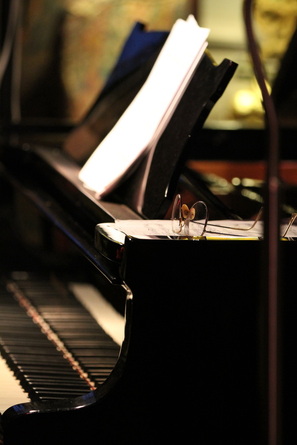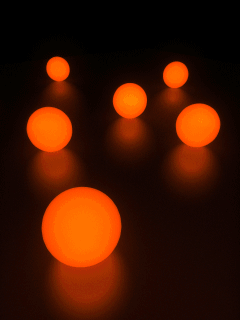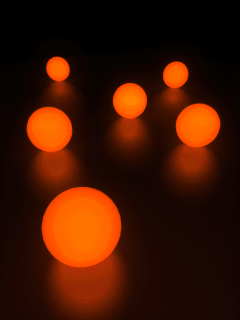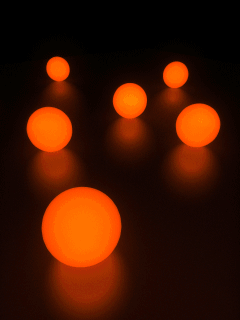For those who seek inspiring live music, Studio 59 is proud to announce the
Spring 2017 Concert Series.
Welcome to a time of engaging music, good food, & fine spirits!
_____________________________________________________________________________________________________
Spring 2017 Concert Series.
Welcome to a time of engaging music, good food, & fine spirits!
_____________________________________________________________________________________________________
* * * * * * * APRIL* * * * * * *
_________________________________________________________________________________________________________________________________
_________________________________________________________________________________________________________________________________
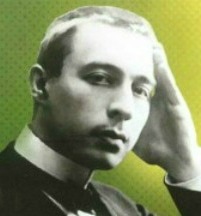
Sergei Vasilievich Rachmaninoff (1 April 1873 – 28 March 1943) was a Russian pianist, composer, and conductor of the late-Romantic period, some of whose works are among the most popular in the classical repertoire.
Born into a musical family, Rachmaninoff took up the piano at age four. He graduated from the Moscow Conservatory in 1892 and had composed several piano and orchestral pieces by this time. In 1897, following the critical reaction to his Symphony No. 1, Rachmaninoff entered a four-year depression and composed little until successful therapy allowed him to complete his enthusiastically received Piano Concerto No. 2 in 1901. After the Russian Revolution , Rachmaninoff and his family left Russia and resided in the United States, first in New York City. Demanding piano concert tour schedules caused his output as composer to slow tremendously; between 1918 and 1943, he completed just six compositions, including Rhapsody on a Theme of Paganini, Symphony No. 3, and Symphonic Dances. In 1942, Rachmaninoff moved to Beverly Hills, California. One month before his death from advanced melonoma, Rachmaninoff acquired American citizenship.
Early influences of Tchaikovsky, Rimsky-Korsakov, Balakirey, Mussorgsky, and other Russian composers gave way to a personal style notable for its song-like melodicism, expressiveness and his use of rich orchestral colors. The piano is featured prominently in Rachmaninoff's compositional output, and through his own skills as a performer he explored the expressive possibilities of the instrument.
_________________________________
--From the first complete edition of the Etudes-Tableaux, Op. 33 & 39... Alfred Mirovitch, editor, 1950:
Sergei Rachmaninoff was perhaps the most controversial figure among the composers of his generation. And -- could it have been otherwise?
In 1870, three years before Rachmaninoff was born, Moussorgsky had completed his "Boris Godounoff". Moussorgsky, the great intuitive genius, was the first to throw off the shackles of German musical tradition--the first to deny Romanticism. Stark realism was the pulsating force of his concepts--daring new harmonies, new rhythms, new forms were his materials.
Many years had to pass before the full impact of Moussorgsky's revolutionary influence was felt, but, by the time Rachmaninoff wrote his first important work--the Second Piano Concerto (1901)--the repercussions were worldwide. A new era had gained a powerful start--an era which negated Romanticism and substituted the credo of objectivity,--an era which greatly enlarged the scope of musical resources and expressive possibilities. Atonality, polytonality, the twelve-tone scale--new rhythms and an astoundingly rich orchestral pallette: these were the powerful new elements that shaped the New Music.
Rachmaniinoff wrote practically all his most important works between the years of 1901 and 1917, including "The Isles of Death", "The Bells", the Second Symphony, the Second and Third Piano Concerti, the Preludes Opus 32, and all the "Etudes Tableaux". And, during the same period, Schoenberg, Stravinsky, Bartok and Hindemith were blazing the trail towards entirely new musical goals -- had already given the world much of the New Art and their new attitude towards music.
In the midst of this great upheaval, surrounded by the surging forces of revolution in music, lived and created Rachmaninoff--one of the last Romanticists, a stranger to his era. Rachmaninoff was no innovator, no revolutionary; to him as to many others, Romanticism was an eternally inherent trait of human nature, not a trend in a passing era. Exiled from his native land, uprooted from his soil, estranged from his people, he was a grim, lone figure within the iron tower of his stern fatalism.
Rachmaninoff found his trues and most powerful medium of expression in the piano--both as a pianist and as a composer. In both these capacities, he was indeed an innovator and a revolutionary.
On of the greatest, if not the greatest, pianists of his time, he created an entirely new style of playing. His early lyrical approach gave way to a steely, dramatic concept of sharply etched lines--of forms as if sculptured in granite. He was perhaps the first fully to exploit the magnificent percussive potentialities of the instrument in the service of poignant expression and coloristic effects. Whether it was in his rapid chord technique, or in his dry percussive staccato, or in the brilliance of his passage work, or in the astonishing vitality and incisiveness of his rhythm--it was a new way to play the piano, a new way to make the piano sound. He deeply influenced an entire generation of pianists. Vladimir Horowitz frequently acknowledged his great musical debt to Rachmaninoff.
Only a great pianist can write great piano music: music written out of the piano and for the piano. Rachmaninoff's supreme knowledge and understanding of the instrument bears witness to lifelong thinking and feeling in terms of the piano. In the opinion of many, Rachmaninoff reached the pinnacle of his work in his piano music and, especially, in his shorter works: the "Preludes, Opus 32, and the "Etudes Tableaux", Opus 33 and 39. In actual scope of achievement, these fworks obviously cannot compare with the large orchestral and choral compositions like "The Bells" and "The Isle of Death", or the Second Symphony or the Concerti. But, in poignancy of concept, in originality of invention and, above all, in perfection of form and evenness of quality, these short pieces are supreme. His phenomenal command of the instrument led him to explore hitherto unknown sonorities and colors; he created an entirely new "symphonic" concept of piano music.
Born into a musical family, Rachmaninoff took up the piano at age four. He graduated from the Moscow Conservatory in 1892 and had composed several piano and orchestral pieces by this time. In 1897, following the critical reaction to his Symphony No. 1, Rachmaninoff entered a four-year depression and composed little until successful therapy allowed him to complete his enthusiastically received Piano Concerto No. 2 in 1901. After the Russian Revolution , Rachmaninoff and his family left Russia and resided in the United States, first in New York City. Demanding piano concert tour schedules caused his output as composer to slow tremendously; between 1918 and 1943, he completed just six compositions, including Rhapsody on a Theme of Paganini, Symphony No. 3, and Symphonic Dances. In 1942, Rachmaninoff moved to Beverly Hills, California. One month before his death from advanced melonoma, Rachmaninoff acquired American citizenship.
Early influences of Tchaikovsky, Rimsky-Korsakov, Balakirey, Mussorgsky, and other Russian composers gave way to a personal style notable for its song-like melodicism, expressiveness and his use of rich orchestral colors. The piano is featured prominently in Rachmaninoff's compositional output, and through his own skills as a performer he explored the expressive possibilities of the instrument.
_________________________________
--From the first complete edition of the Etudes-Tableaux, Op. 33 & 39... Alfred Mirovitch, editor, 1950:
Sergei Rachmaninoff was perhaps the most controversial figure among the composers of his generation. And -- could it have been otherwise?
In 1870, three years before Rachmaninoff was born, Moussorgsky had completed his "Boris Godounoff". Moussorgsky, the great intuitive genius, was the first to throw off the shackles of German musical tradition--the first to deny Romanticism. Stark realism was the pulsating force of his concepts--daring new harmonies, new rhythms, new forms were his materials.
Many years had to pass before the full impact of Moussorgsky's revolutionary influence was felt, but, by the time Rachmaninoff wrote his first important work--the Second Piano Concerto (1901)--the repercussions were worldwide. A new era had gained a powerful start--an era which negated Romanticism and substituted the credo of objectivity,--an era which greatly enlarged the scope of musical resources and expressive possibilities. Atonality, polytonality, the twelve-tone scale--new rhythms and an astoundingly rich orchestral pallette: these were the powerful new elements that shaped the New Music.
Rachmaniinoff wrote practically all his most important works between the years of 1901 and 1917, including "The Isles of Death", "The Bells", the Second Symphony, the Second and Third Piano Concerti, the Preludes Opus 32, and all the "Etudes Tableaux". And, during the same period, Schoenberg, Stravinsky, Bartok and Hindemith were blazing the trail towards entirely new musical goals -- had already given the world much of the New Art and their new attitude towards music.
In the midst of this great upheaval, surrounded by the surging forces of revolution in music, lived and created Rachmaninoff--one of the last Romanticists, a stranger to his era. Rachmaninoff was no innovator, no revolutionary; to him as to many others, Romanticism was an eternally inherent trait of human nature, not a trend in a passing era. Exiled from his native land, uprooted from his soil, estranged from his people, he was a grim, lone figure within the iron tower of his stern fatalism.
Rachmaninoff found his trues and most powerful medium of expression in the piano--both as a pianist and as a composer. In both these capacities, he was indeed an innovator and a revolutionary.
On of the greatest, if not the greatest, pianists of his time, he created an entirely new style of playing. His early lyrical approach gave way to a steely, dramatic concept of sharply etched lines--of forms as if sculptured in granite. He was perhaps the first fully to exploit the magnificent percussive potentialities of the instrument in the service of poignant expression and coloristic effects. Whether it was in his rapid chord technique, or in his dry percussive staccato, or in the brilliance of his passage work, or in the astonishing vitality and incisiveness of his rhythm--it was a new way to play the piano, a new way to make the piano sound. He deeply influenced an entire generation of pianists. Vladimir Horowitz frequently acknowledged his great musical debt to Rachmaninoff.
Only a great pianist can write great piano music: music written out of the piano and for the piano. Rachmaninoff's supreme knowledge and understanding of the instrument bears witness to lifelong thinking and feeling in terms of the piano. In the opinion of many, Rachmaninoff reached the pinnacle of his work in his piano music and, especially, in his shorter works: the "Preludes, Opus 32, and the "Etudes Tableaux", Opus 33 and 39. In actual scope of achievement, these fworks obviously cannot compare with the large orchestral and choral compositions like "The Bells" and "The Isle of Death", or the Second Symphony or the Concerti. But, in poignancy of concept, in originality of invention and, above all, in perfection of form and evenness of quality, these short pieces are supreme. His phenomenal command of the instrument led him to explore hitherto unknown sonorities and colors; he created an entirely new "symphonic" concept of piano music.
________________________________________________________________________________________________________________________________
MAY
________________________________________________________________________________________________________________________________
MAY
________________________________________________________________________________________________________________________________
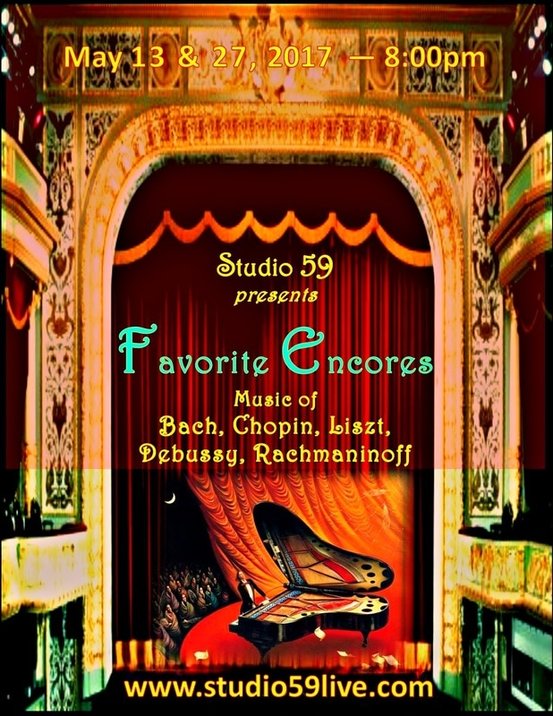
Studio 59
presents
Favorite Encores
Music of
Bach, Chopin, Liszt,
Debussy, Rachmaninoff
featuring
Timothy Alexandre Wallace, piano
2 Saturdays
May 13 & 27, 2017
8:00pm
Refreshments served during intermission
TICKETS:
Adults: $25 or 2 for $45
Students/Seniors: $15
RESERVATIONS:
860-482-6801
presents
Favorite Encores
Music of
Bach, Chopin, Liszt,
Debussy, Rachmaninoff
featuring
Timothy Alexandre Wallace, piano
2 Saturdays
May 13 & 27, 2017
8:00pm
Refreshments served during intermission
TICKETS:
Adults: $25 or 2 for $45
Students/Seniors: $15
RESERVATIONS:
860-482-6801
You are invited to a concert of music for the piano .... ranging from exciting bravuras
to music with truly unforgettable melodies.
The music will cover a 300 year time-span, from Bach (17th cent.) to Rachmaninoff (20th cent.).
_________________________________________________________________________________________
to music with truly unforgettable melodies.
The music will cover a 300 year time-span, from Bach (17th cent.) to Rachmaninoff (20th cent.).
_________________________________________________________________________________________
_________________________________________________________________________________________________________________________________
You are invited to a multi-media performance featuring images of deep space from the Hubble telescope website projected onto the barrel-vaulted studio ceiling and music by the creative improvisationalists 'The Alchemists'.
This will be a magical and fanciful concert, not to be missed!
|
|
|
_________________________________*____________________________
/ /\ \ J U N E / /\ \
______________________________________________________
/ /\ \ J U N E / /\ \
______________________________________________________
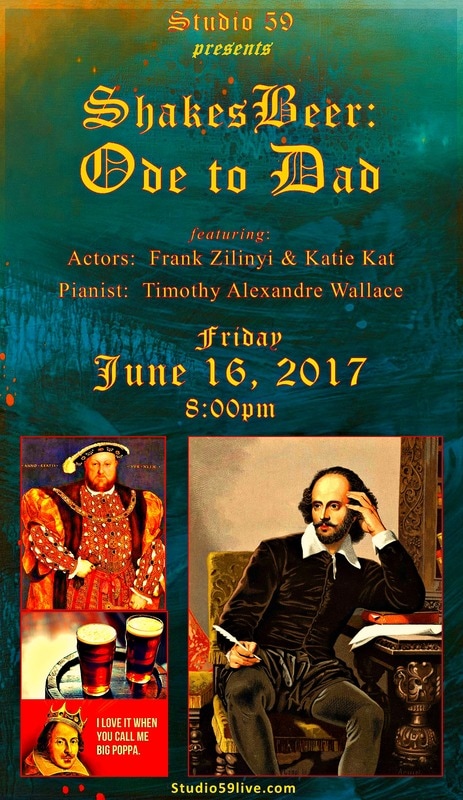
Studio 59
presents
ShakesBeer:
Ode to Dad
featuring
Actors: Frank Zilinyi & Katie Kat
Pianist: Timothy Alexandre Wallace
Friday
June 16, 2017
8:00pm
Refreshments served during intermission
TICKETS:
Adults: $25 or 2 for $45
Students/Seniors: $15
RESERVATIONS:
860-482-6801
presents
ShakesBeer:
Ode to Dad
featuring
Actors: Frank Zilinyi & Katie Kat
Pianist: Timothy Alexandre Wallace
Friday
June 16, 2017
8:00pm
Refreshments served during intermission
TICKETS:
Adults: $25 or 2 for $45
Students/Seniors: $15
RESERVATIONS:
860-482-6801
Come pick your favorite easy chair and have a beer with dad
accompanied by the words of The Bard and improvisational piano.
From the collaborative team that conceived "Incidental Shakespeare" comes a performance in honor of "Dad."
This performance is perfect for those who wouldn't normally attend Shakespeare, as well as aficionados who love authentic and transformative performance.
The words of Shakespeare from quotes, sonnets and scenes will be read by actors Katie Kat and Frank Zilinyi, while improvisational piano by Timothy Alexandre Wallace provides the subtext.
Every chair in the house is different. Bring your favorite drink, find your favorite chair, relax and let's appreciate "Dad" in verse and music.
~ ~ ~ ~ ~ ~ ~
__________________________________________________________________________________________________________________________
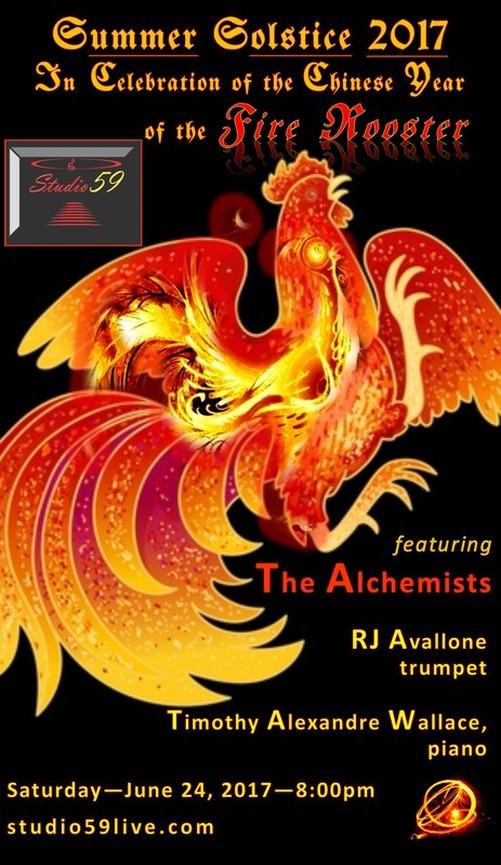
Studio 59
presents
Summer Solstice 2017
In Celebration of the Chinese Year of the Fire Rooster
featuring
The Alchemists
RJ Avallone, trumpet
Timothy Alexandre Wallace, piano
Saturday
June 24, 2017
8:00pm
Refreshments served during intermission
TICKETS:
Adults: $25 or 2 for $45
Students/Seniors: $15
RESERVATIONS:
860-482-6801
presents
Summer Solstice 2017
In Celebration of the Chinese Year of the Fire Rooster
featuring
The Alchemists
RJ Avallone, trumpet
Timothy Alexandre Wallace, piano
Saturday
June 24, 2017
8:00pm
Refreshments served during intermission
TICKETS:
Adults: $25 or 2 for $45
Students/Seniors: $15
RESERVATIONS:
860-482-6801
_________________________________________________
Year of the Fire Rooster comes a crowing saying, "Wake up!"
Legend about the Rooster
The rooster always sought to prevail over others, made troubles and fought all around. When the Jade Emperor selected the Chinese zodiac animals,
the contributions to human beings were taken into consideration, so the rooster had no chance. One day, the rooster found the horse which had been selected was spoiled by human beings with golden saddle and silver stirrup. The rooster was very envious of the horse, so it asked: "hi, brother horse!
How does you win today's honor?" The horse replied: "I plow and transport at ordinary times and charge forward in wartimes. So I have made great exploits for human beings. Of course they love me." The horse continued: "it is not difficult to get human's love if you can take your advantage and work for them.
For example, the ox can plow; the dog can watch the gate; the pig devotes meat and the dragon can rain. You are born with a natural golden voice;
maybe it is helpful to humans."
After going back home, the rooster thought it over and finally found that it could wake up the sleeping people with its golden voice. Therefore, the rooster
got up early every dawn and woke people from sleep by singing. Humans were very grateful, so they decided to ask the Jade Emperor to list the rooster
into the Chinese zodiac signs. But according to Jade Emperor's standard, only animals rather than birds could be selected as the zodiac signs. Among
the six domestic animals, the horse, the ox, the sheep and the dog were all selected except the rooster. So, the rooster was extremely anxious: its eyes turned into red and its throat became hoarse, but still had no effect.
One night, the rooster was unable to get over; it tossed about and couldn't sleep. Its soul came to the Heavenly Palace and complained tearfully to the
Jade Emperor that it woke up the humans every morning and made great contributions, but it was not selected, so it was unable to get over. After that,
the rooster cried. The Jade Emperor thought the rooster indeed made great contributions and his standard of selecting the Chinese zodiac signs was wrong, so he picked a flower in front of the Heavenly Palace and put it on the rooster's head as a reward.
After the rooster woke up, it found there was really a red flower on its head, so it went to visit the Four Heavenly Kings with the flower. The Four Heavenly King recognized that this flower was the one in front of the royal furnace and the Jade Emperor valued the rooster, so they permitted the rooster to participate in the competition for Chinese zodiac signs. On the competition day, the rooster and the dog got up and came together. When they approached the Heavenly Palace, the rooster flied to the front of the dog. The dog wanted to catch up but failed, so it was ranked after the rooster. Since then, the dog hated the rooster and chased after whenever it saw the rooster. Even today, the dog is still angry about the rooster and the phenomenon of "the dog chasing after the rooster" is still visible. While the rooster still wakes up people every morning in red face and with a beautiful red flower.
Year of the Fire Rooster comes a crowing saying, "Wake up!"
Legend about the Rooster
The rooster always sought to prevail over others, made troubles and fought all around. When the Jade Emperor selected the Chinese zodiac animals,
the contributions to human beings were taken into consideration, so the rooster had no chance. One day, the rooster found the horse which had been selected was spoiled by human beings with golden saddle and silver stirrup. The rooster was very envious of the horse, so it asked: "hi, brother horse!
How does you win today's honor?" The horse replied: "I plow and transport at ordinary times and charge forward in wartimes. So I have made great exploits for human beings. Of course they love me." The horse continued: "it is not difficult to get human's love if you can take your advantage and work for them.
For example, the ox can plow; the dog can watch the gate; the pig devotes meat and the dragon can rain. You are born with a natural golden voice;
maybe it is helpful to humans."
After going back home, the rooster thought it over and finally found that it could wake up the sleeping people with its golden voice. Therefore, the rooster
got up early every dawn and woke people from sleep by singing. Humans were very grateful, so they decided to ask the Jade Emperor to list the rooster
into the Chinese zodiac signs. But according to Jade Emperor's standard, only animals rather than birds could be selected as the zodiac signs. Among
the six domestic animals, the horse, the ox, the sheep and the dog were all selected except the rooster. So, the rooster was extremely anxious: its eyes turned into red and its throat became hoarse, but still had no effect.
One night, the rooster was unable to get over; it tossed about and couldn't sleep. Its soul came to the Heavenly Palace and complained tearfully to the
Jade Emperor that it woke up the humans every morning and made great contributions, but it was not selected, so it was unable to get over. After that,
the rooster cried. The Jade Emperor thought the rooster indeed made great contributions and his standard of selecting the Chinese zodiac signs was wrong, so he picked a flower in front of the Heavenly Palace and put it on the rooster's head as a reward.
After the rooster woke up, it found there was really a red flower on its head, so it went to visit the Four Heavenly Kings with the flower. The Four Heavenly King recognized that this flower was the one in front of the royal furnace and the Jade Emperor valued the rooster, so they permitted the rooster to participate in the competition for Chinese zodiac signs. On the competition day, the rooster and the dog got up and came together. When they approached the Heavenly Palace, the rooster flied to the front of the dog. The dog wanted to catch up but failed, so it was ranked after the rooster. Since then, the dog hated the rooster and chased after whenever it saw the rooster. Even today, the dog is still angry about the rooster and the phenomenon of "the dog chasing after the rooster" is still visible. While the rooster still wakes up people every morning in red face and with a beautiful red flower.
The Alchemists
|
|
|
_________________________________________________________________________________________________________________________________
"There's enough music for a lifetime, but a lifetime is not enough for Music."
- Sergei Vasiliyevich Rachmaninoff
_________________________________________
